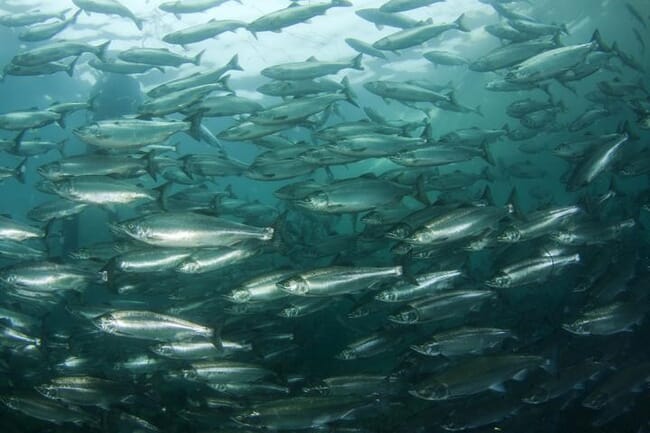
The benchmark report is part of The Aquatic Life Institute’s ongoing work to support the progressive development of animal welfare standards in aquaculture and may be used as a tool by decision-makers worldwide as they make informed choices about sourcing from the certifiers that lead in aquatic animal welfare.
“As the only organisation rigorously evaluating animal welfare standards of seafood certifiers each year, Aquatic Life Institute’s Benchmark plays a critical role in holding the industry accountable. This independent analysis highlights both progress and gaps, encouraging certifiers to elevate their standards that protect the health of aquatic animals and prioritise positive welfare for these individuals, all of which minimise the negative environmental impacts of aquaculture,” said Tessa Gonzalez, head of research at ALI, in a press release.
This year’s report includes eight global seafood certification schemes and one international ratings agency. Within the report, Global Animal Partnership (GAP), Friend of the Sea, GLOBALG.A.P., Global Seafood Alliance’s Best Aquaculture Practices (BAP), RSPCA Assured, Naturland Organic, Aquaculture Stewardship Council (ASC), Soil Association Organic, and Monterey Bay Aquarium’s Seafood Watch are evaluated on water quality, stocking density and space requirements, environmental enrichment, feed composition, stunning and slaughter, and neglected species prohibitions, as well as additional considerations.
In this edition of the report, ASC ranked the highest out of the 8 included certifications, with a score of 8 out of 10 based on the draft of their upcoming Farm Standard. The standard received full points awarded for water quality, space requirements and stocking density, and stunning and slaughter, all of which are critical components of ensuring aquatic animal health and welfare.
“Aquaculture Stewardship Council is happy to take the leading position among all aquaculture certifications, standards and ratings benchmarked by Aquatic Life Institute for the second year in a row. This proves ASC’s commitment towards the improvement of fish welfare through rigorous monitoring and evaluation requirements for seafood farms and key welfare indicators,” said Maria Filipa Castanheira, ASC fish health and welfare standards manager.
“Fish welfare is increasingly becoming an important component in responsible seafood farming. With a dedicated principle on animal health and welfare in the new ASC Farm Standard, ASC is transforming the way we tackle fish welfare in seafood production," she added.
Across the 8 certification schemes, some of the key highlights noted in this year’s report include improvements in stocking density and space requirement ratings, as well as an increased number of policies prohibiting eyestalk ablation in shrimp farming. Additionally, ASC and Soil Association joining RSPCA and Friend of the Sea in prohibiting the certification of any form of octopus or cephalopod farming.




